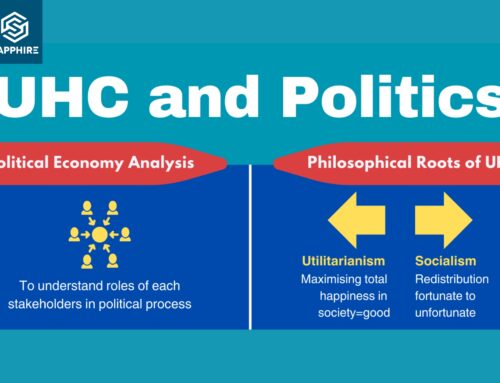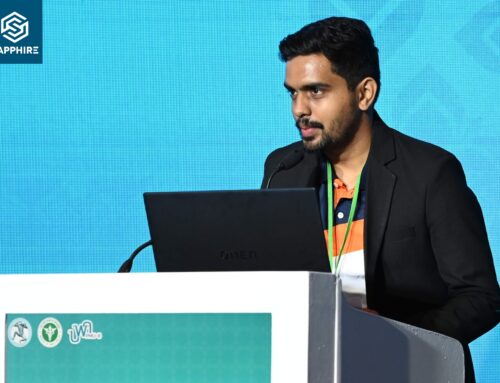The recent Indonesia visit is an illustration of iDSI’s ongoing commitment to building capacity in developing countries. HITAP visits help national bodies learn how to conduct Health Technology Assessments, strengthening decision-making processes and enabling gains in the quantity and quality of healthcare that a country can provide to its people. The location for this visit, the University of Indonesia, was beautiful; the tropical weather means greenery flourishes everywhere and palm trees line the roads.
The first hurdle in establishing HTA in health care decision making is always getting the needed political support. However clever or cost-saving, an initiative doesn’t have legs until policymakers believe its worth. Here, Indonesia is promising. The existence of an HTA committee in Indonesia which works closely with their Ministry of Health, and the committee’s partnership with HITAP both signal that broad political will to engage with HTA exists. The prevailing feeling during the three-day workshop was one of eagerness and excitement. Many of the members of the four Indonesian research teams working with HITAP are young graduates who are clearly passionate about pursuing HTA and are excited about the potential benefits that it can bring to their country. Participants were keen to use these days to learn from HITAP, and to pick up all of the advice that Dr. Yot Teerawattananon, senior researcher, and the team would share.
The eagerness can also be seen in the ambitious scope of the studies that the teams are trying to undertake. Four teams, one from the University of Indonesia, one from Gadjah Mada University and two from the Ministry of Health, are each conducting their own HTA studies. These projects require a multiplicity of skills as teams conduct systematic reviews, undertake modelling, analyse data using network meta-analysis, and carry out qualitative research. Given that Indonesia only first began to familiarise itself with HTA in 2014 these are big tasks and reflect the desire of the researchers to transform Indonesian health care and bring Indonesia up to the level of the regional leaders.






